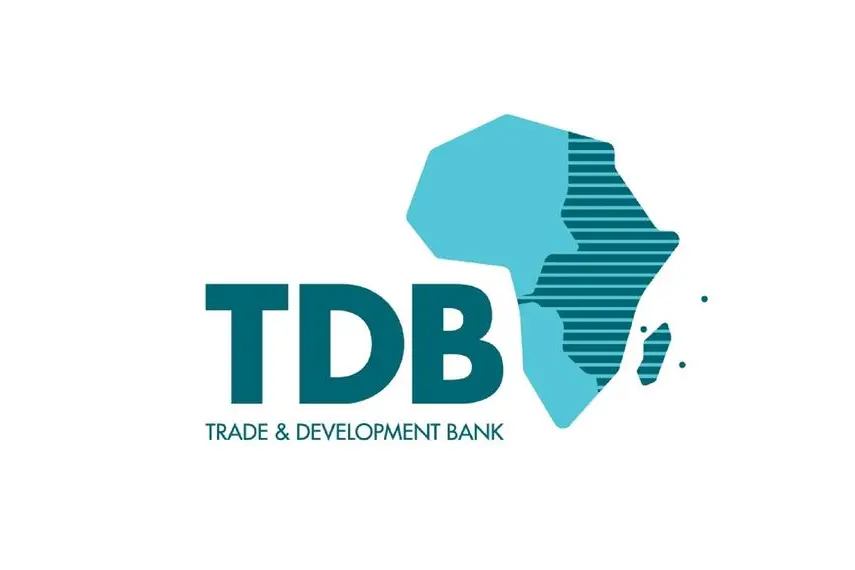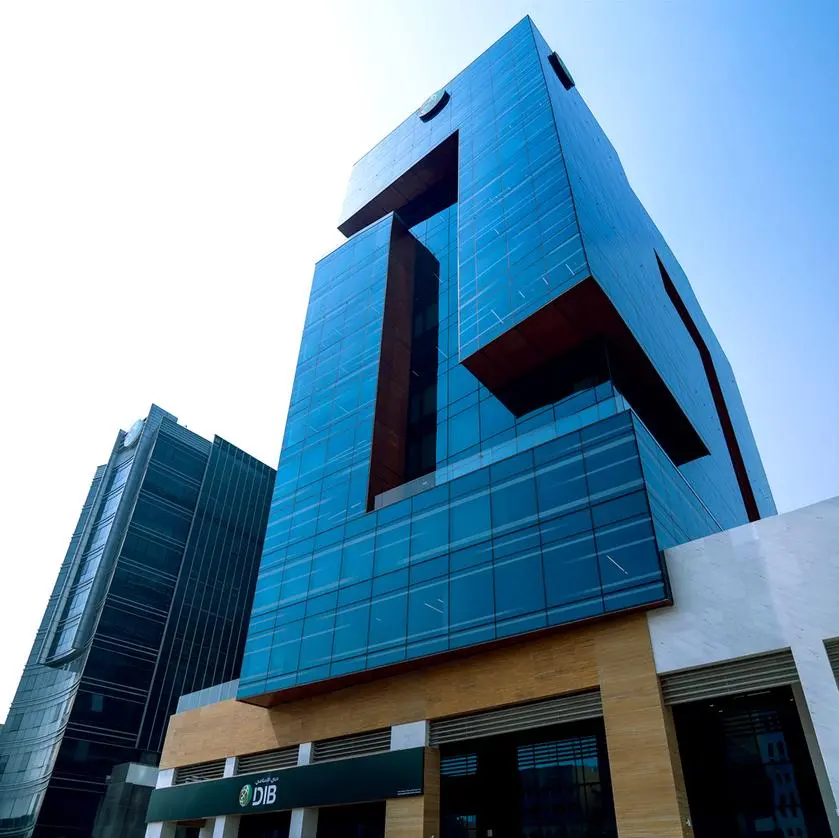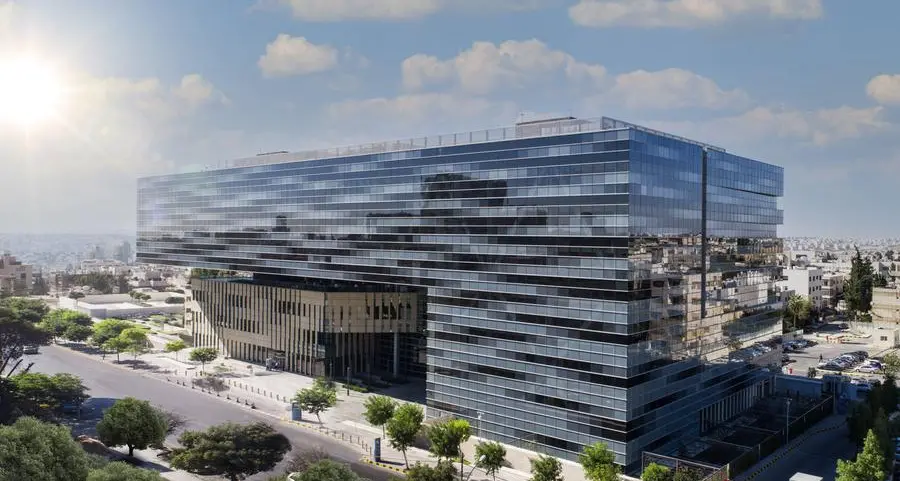PHOTO
- ESATF Trade Fund also obtains its first ratings, both investment grade, namely, AAA ratings from CARE Ratings (Africa) Private Limited (CRAF) and A- ratings from JCR
Ebene/Bujumbura – The Eastern and Southern African Trade and Development Bank (TDB) is pleased to announce that it was rated for the first time in October 2024 by the Japan Credit Rating Agency (JCR), which extended to the Bank an A- long-term issuer investment grade rating, with a stable outlook. As per JCR’s assessment, TDB’s rating reflects among others the strong support from shareholders and solid earning capacity.
Likewise, during the same month, GCR Ratings affirmed TDB’s investment grade ratings, with international scale long and short-term issuer BBB+/A2 ratings, with a stable outlook. These ratings are underpinned by the Bank’s diversified and expanding membership base, its solid liquidity and diverse funding, good governance structures, good track record of mandate execution, and solid capitalisation.
At the same time, a few of TDB’s sovereign Member States having been downgraded due to debt sustainability issues has put downward pressure on the Bank’s Fitch and Moody’s ratings. In September 2024, Fitch affirmed TDB’s long-term issuer default BB+ rating, with a revised outlook from stable to negative, and affirmed its short-term issuer default B rating and AAA(ken) national rating, with a stable outlook. Furthermore, in October 2024, Moody’s revised TDB’s long-term issuer credit rating to Ba1 from Baa3, with the outlook changing from negative to stable.
Financial institutions in the jurisdictions where downgrades happen are typically subject to the same downgrade pressures and as such, there are strong tendencies of spillover credit ratings effect. Despite the significant risk mitigants in place, which cover significant portions of TDB’s loan portfolio, sovereigns’ callable capital, and other obligations, higher-risk operating environments often result in negative adjustments on ratings.
Notwithstanding, TDB Group has had other positive rating issuances during the period under review. JCR also extended an inaugural A- investment grade rating to the ESATF trade fund, a collective investment scheme financing short to medium-term transactions managed by the ESATAL fund management company, a TDB Group subsidiary. As per its assessment, “the rating reflects the relatively short turnover cash flow structure and stable track record of the short-term trade finance, and the fact that the borrowing limit is set conservatively against the repayment resources.” JCR also recognized ESATF’s diversified portfolio and robust collateral protection from risk.
Complementing JCR’s assessment of ESATF are the inaugural ratings of CARE Ratings (Africa) Private Limited (CRAF), which extended a ‘CARE MAU AAAf’ investment grade rating to the trade fund. As mentioned in the rating rationale, ESATF’s rating is “underpinned by the portfolio’s strong investment and credit guidelines, ability of ESATAL to manage the assets, and healthy quality of the portfolio, which is secured by comfortable collateral coverage”. In its assessment, CRAF has considered “credit enhancements like preferred creditor status, offshore operating account as collateral with bankruptcy remote structures”. According to CRAF’s rating definition, “funds with this rating are considered to have the highest degree of safety regarding timely receipt of payments from the investments that they have made”.
Admassu Tadesse, TDB Group President and Managing Director commented: “We are very pleased with our new investment grade ratings from the widely recognized Japanese credit rating agency JCR, as well as from CRAF, which is domiciled in Mauritius, home to a TDB Group principal office, and to several of its subsidiaries – such as the ESATAL fund management company, the ESATF trade finance fund and the COMESA Infrastructure Fund. Our results in terms of ratings as explained above are overall positive in the context of global shocks, economic cycles and sovereign debt sustainability pressures.”
TDB Group is set-up as a sovereign-owned African multilateral lender, often acting countercyclically as lender of last resort, with the mandate to provide trade and development financing to its Member States. Much of TDB’s successful track record and resilience can be attributed to its agility to innovate, including at an institutional level. Notably, TDB’s evolution into a Group structure, with several subsidiaries and strategic business units and a diversified geographical footprint, is enabling it to significantly expand impact, reach and sustainability. It is in this spirit that ESATAL and ESATF were set-up, alongside others like the Trade and Development Fund (TDF), the Group’s concessional and grant window, and the TDB Captive Insurance Company (TCI), which seeks to reenforce and streamline risk management across the Group.
About TDB
Established in 1985, the Eastern and Southern African Trade and Development Bank (TDB) is an investment-grade African regional development finance group, with the mandate to finance and foster trade, regional economic integration and sustainable development. With an asset base of USD 10 billion, TDB Group has 25 African member states, which alongside non-regional member countries and institutional investors from Africa, Europe and Asia, form TDB's community of shareholders.
TDB Group counts several subsidiaries and strategic business units including Trade and Development Banking, TDB Group Asset Management (TAM), Trade and Development Fund (TDF), TDB Captive Insurance Company (TCI), the ESATAL fund management company and TDB Academy.




















